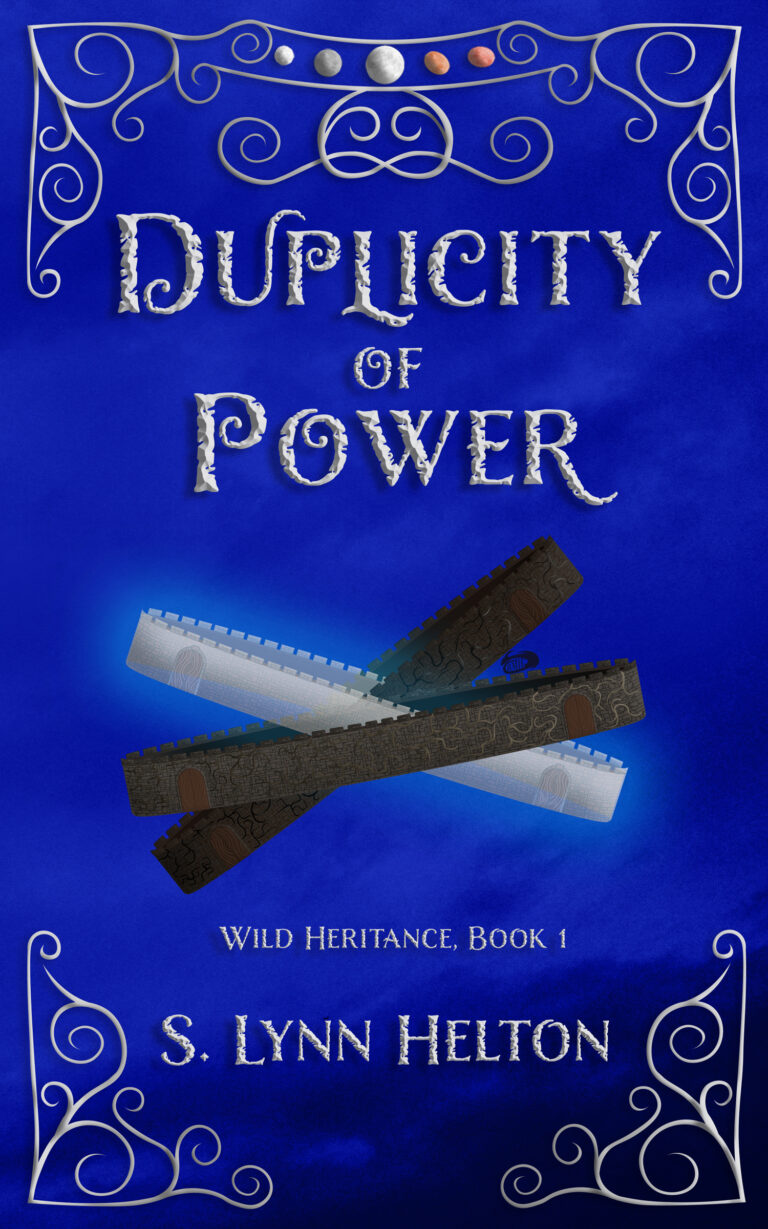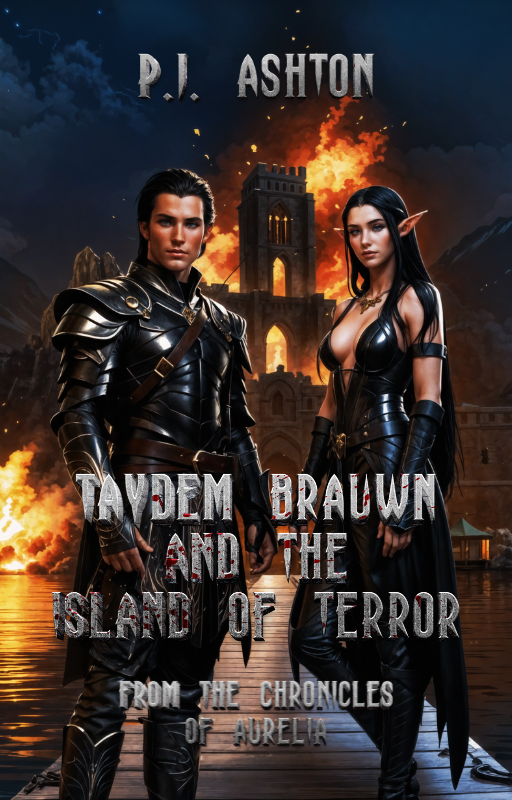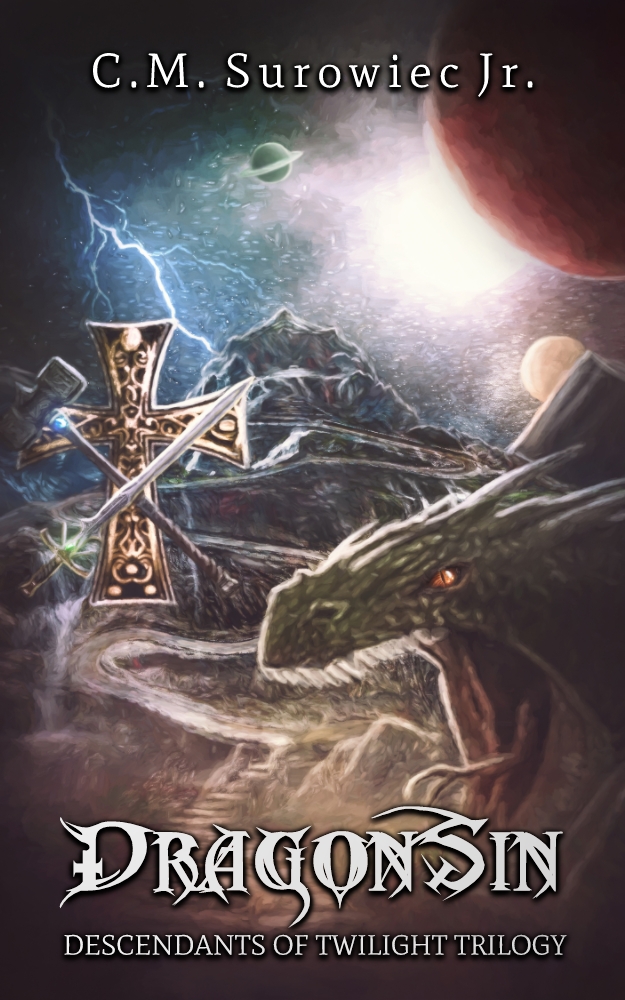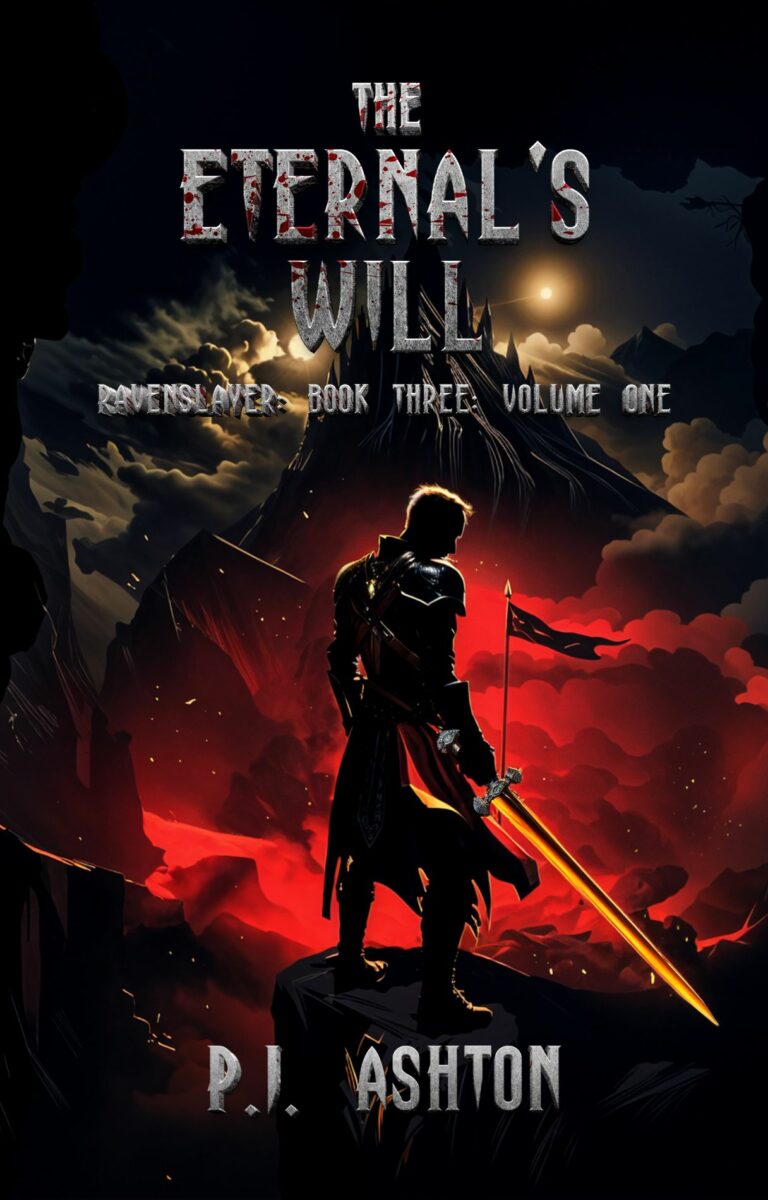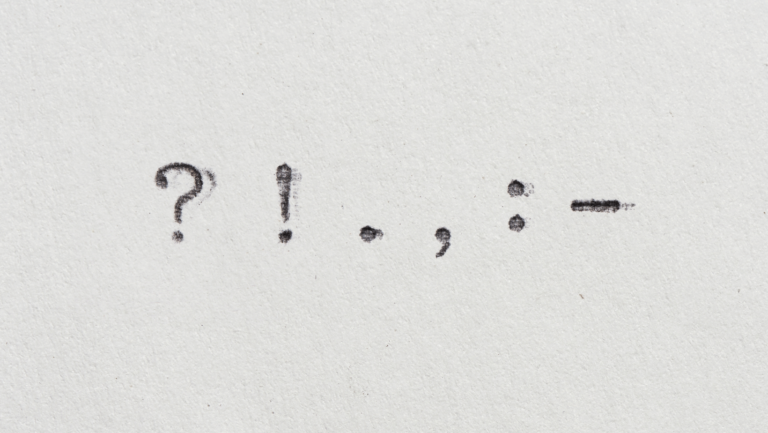Rules in writing and editing exist for a reason: they are there to help navigate those that may not yet be experts in storytelling to avoid the pitfalls of basic mistakes, whether it be in the plot or the words used, to maximize the success of their work. They assist in balancing out characters, encouraging an organic flow, and making their work easily consumable. But if following these rules was the secret to success, then every aspiring author would have a clear path towards success.
Yes, it is obvious that every individual’s creativity plays a role, and what story you might come up with may be different than another person’s. And in this difference, one of you may find greater success than the other. Nevertheless, both will follow tried and tested rules that will overlap both works to some extent. So the question is, when is a good time to start playing with breaking the rules of literature?
What about throwing in disorienting passages that aren’t relevant to the story in a linear way?
What do we mean by breaking the rules? Ignoring a comma where there should be one to encourage the reader’s flow. Killing off a character when the readers are deeply invested in the character, going against all that you’ve heard about keeping the reader’s interest (think Game of Thrones). What about throwing in disorienting passages that aren’t relevant to the story in a linear way?
It’s the wild west once you get to a point as an author where the normal rules of operation no longer apply. No one can tell you exactly what deviation works or doesn’t, but the hope is that in your creativity, you will have developed a sense for good writing and bad, and will be able to use your creativity to not only write great stuff, but to present it in new and unique ways. One may even say that breaking the rules is the natural evolution of creating something new, so don’t shy away from it – but don’t commit to it just because it’s different.



